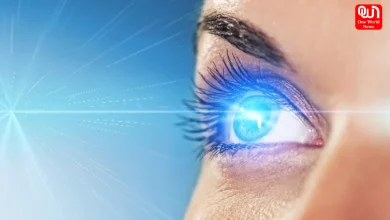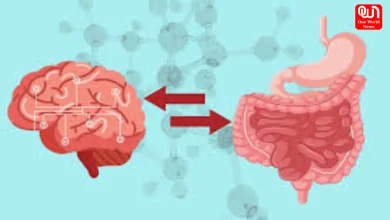Look out for these signs of kidney disease!
Kidney disease can be fatal, so it is important to look out for these signs in advance. They can save your life.
Symptoms of kidney disease you should look out for!
Kidney disease is a significant health concern affecting millions of people worldwide, yet it often goes undetected until its later stages. The kidneys play a crucial role in filtering waste products from the blood, regulating fluid balance, and maintaining overall health. When the kidneys are not functioning properly, it can lead to a range of symptoms that may be easy to overlook or attribute to other causes. Here are seven telltale signs of kidney disease that you may be ignoring:
- Fatigue and Weakness: Chronic fatigue and weakness are common early symptoms of kidney disease. When the kidneys are compromised, toxins and waste products can build up in the bloodstream, leading to feelings of exhaustion and lethargy. Despite getting adequate rest, individuals with kidney disease may still experience persistent fatigue that interferes with daily activities.
- Changes in Urination: Pay attention to any changes in your urination patterns, as they can provide valuable insights into kidney health. Increased frequency of urination, especially during the night (nocturia), difficulty urinating, or changes in urine volume or color may indicate underlying kidney issues. Additionally, urine that appears foamy or bubbly could be a sign of proteinuria, a condition where excess protein is excreted in the urine due to kidney damage.
- Swelling (Edema): Edema, or swelling, is a common symptom of kidney disease caused by fluid retention in the body. Individuals with kidney dysfunction may notice swelling in the hands, feet, ankles, or face, particularly in the morning. This swelling occurs when the kidneys are unable to effectively eliminate excess fluid and sodium from the bloodstream, leading to fluid accumulation in tissues.
- Blood in Urine (Hematuria): Hematuria, or blood in the urine, is often an alarming symptom that should not be ignored. While it can result from various conditions, including urinary tract infections and kidney stones, it is also a common indicator of kidney disease. Blood in the urine may appear pink, red, or cola-colored and should prompt immediate medical evaluation to determine the underlying cause.
- High Blood Pressure (Hypertension): Chronic kidney disease is closely linked to high blood pressure, and the two conditions often coexist. The kidneys play a vital role in regulating blood pressure by controlling fluid balance and releasing hormones that help maintain blood vessel tone. When kidney function is impaired, blood pressure can rise, leading to hypertension. Conversely, untreated hypertension can further damage the kidneys, creating a vicious cycle of kidney damage and high blood pressure.
Read more: Small Things That Can Lead To Major Health Threats
- Persistent Itching (Pruritus): Itching, or pruritus, is a common symptom experienced by individuals with kidney disease. Itchy skin may result from the accumulation of waste products in the bloodstream, which can irritate nerve endings in the skin. The itching is often generalized but may be more severe in areas with dry or irritated skin. Additionally, kidney disease-related mineral and bone disorders can contribute to skin itching and discomfort.
- Nausea and Vomiting: Nausea and vomiting are frequent symptoms experienced by individuals with advanced kidney disease. As waste products accumulate in the bloodstream, they can cause gastrointestinal disturbances, leading to feelings of nausea and episodes of vomiting. These symptoms may be exacerbated by changes in appetite, fluid and electrolyte imbalances, and the presence of other comorbidities.
Read more: Whey water: 5 amazing ways to use ‘paneer ka pani’ for holistic health
In conclusion, kidney disease can manifest through a variety of symptoms that are often overlooked or attributed to other causes. If you experience any of the aforementioned signs, it’s essential to consult with a healthcare professional for proper evaluation and diagnosis. Early detection and management of kidney disease are crucial for preserving kidney function and overall health. By recognizing the signs and seeking timely medical attention, individuals can take proactive steps towards protecting their kidney health and well-being.
Like this post?
Register at One World News to never miss out on videos, celeb interviews, and best reads.








